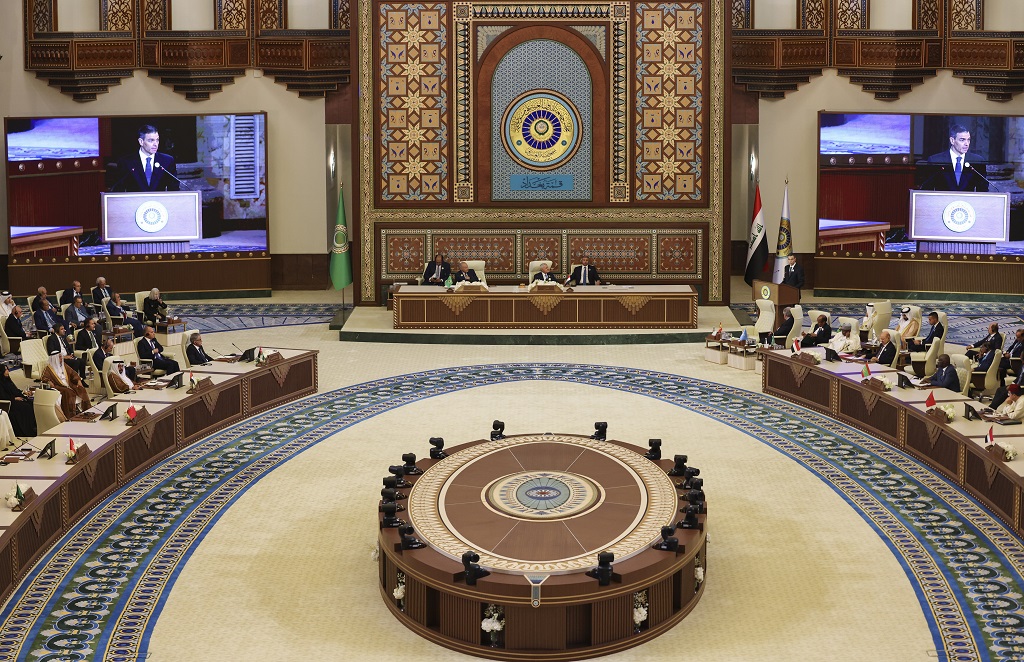NEW YORK, Thursday, February 07, 2019 (WAFA) – Members of the United Nations Security Council, with the exception of the United States, expressed regret in a closed session held on Wednesday at Israel’s decision to end the mandate of the Temporary International Presence in Hebron (TIPH), an international civilian observer mission based in the southern occupied West Bank city, according to reports.
While the United States has argued that it is the right of both sides not to renew the mandate of the mission, established over 20 years ago following a massacre by an Israeli settler of some 30 Palestinian civilians while praying in the Ibrahimi Mosque in Hebron, Kuwait and Indonesia, sponsors of a statement expressing regret of the Council members at the Israeli move, argued that it is not Israel’s right to end the TIPH mission.
The United States, which blindly backs Israel, eventually blocked the statement since it required a unanimous decision to adopt it.
European countries that make the 64-person TIPH force have expressed regret in a statement issued on Friday of the Israeli decision, expressing concern that this decision may have a negative impact on the delicate situation in Hebron where some 400 hardcore and extremist Israeli settlers live among 30,000 Palestinians in the Israeli-controlled old section of the Palestinian city referred to as H2.
“Since the UN Security Council adopted resolution 904 in 1994, calling for a temporary international presence in the occupied Palestinian territory, the situation in Hebron remains tense and fragile,” foreign minister of the European countries said in the statement.
“We are concerned that the Israeli government’s decision undermines one of the few established mechanisms for conflict resolution between Israelis and Palestinians and may therefore have a negative impact on the situation. In this regard, we stress Israel’s obligations under international law to protect the people in Hebron and in other parts of the occupied Palestinian territory, and its duty to ensure accountability for violations thereof.”
M.K.











